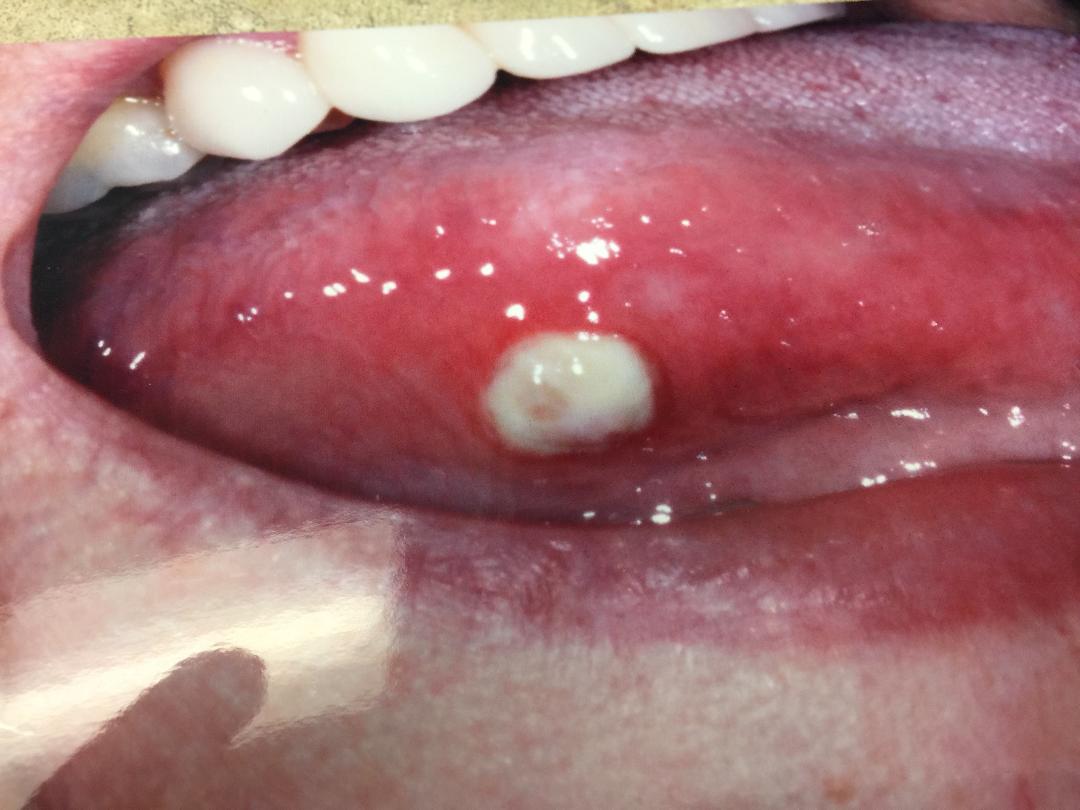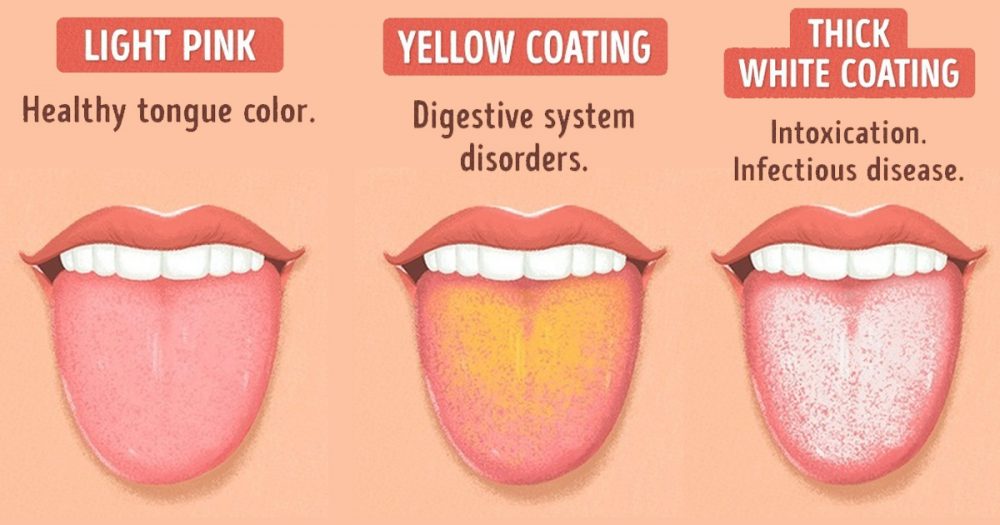Have you ever come across the notion that placing salt under your tongue could have unexpected effects on your body, particularly in making you hard? This intriguing concept has piqued the curiosity of many, leading to discussions and debates across various platforms. Understanding the science behind such claims is crucial in determining whether this is a legitimate method or simply a myth without substantial evidence. While anecdotal evidence might sway some opinions, it is vital to delve deeper into scientific research and expert analysis to discern the truth. In this article, we aim to unravel the mysteries surrounding this claim, providing insights into the potential physiological effects, while addressing the myths and facts.
The idea that salt under the tongue might have an impact on physiological responses likely stems from the broader discussions around the role of sodium and electrolytes in the body. Salt, primarily composed of sodium chloride, plays a significant role in various bodily functions, including fluid balance, nerve transmission, and muscle function. However, the leap from these functions to the specific claim about enhancing rigidity requires careful scrutiny. By examining the available research, consulting experts, and exploring the body's response to sodium, we can better understand whether there is any validity to this claim.
Our exploration will cover the potential mechanisms, cultural beliefs, and scientific perspectives surrounding this topic. Whether you're seeking to experiment with natural methods or simply curious about the science of the human body, this article will guide you through the complexities of this claim. Join us as we delve into the science, separate fact from fiction, and provide you with a comprehensive understanding of whether placing salt under your tongue can indeed make you hard.
Read also:Paul Teutul Jr Net Worth Biography And Influence In The Custom Motorcycle World
Table of Contents
- Understanding the Role of Salt in the Body
- What Happens When You Place Salt Under Your Tongue?
- Does Salt Under Your Tongue Make You Hard: What Science Says?
- The Placebo Effect and Belief Systems
- Cultural Practices and Folk Remedies
- Potential Risks and Side Effects
- Are There Any Benefits to Placing Salt Under Your Tongue?
- How Does Salt Affect Your Body Chemistry?
- Expert Opinions on Salt and Physiological Responses
- Debunking the Myths Surrounding Salt and Hardness
- Alternative Methods for Enhancing Performance
- How to Approach Health Claims Critically?
- Exploring the Science Behind Salt and Electrolytes
- Do Experts Recommend Using Salt for Enhancement?
- Conclusion: Understanding the Truth About Salt Under the Tongue
Understanding the Role of Salt in the Body
Salt is an essential nutrient that our bodies require for various functions. It plays a crucial role in maintaining fluid balance, transmitting nerve impulses, and contracting and relaxing muscles. The sodium component of salt is particularly important in these processes, as it helps transport nutrients into cells and remove waste. Understanding how salt functions within the body can help us evaluate claims regarding its effects on physical responses.
What Happens When You Place Salt Under Your Tongue?
Placing salt under your tongue may quickly introduce sodium into your bloodstream. The mucous membranes in the mouth can absorb substances rapidly, which is why some medications are administered sublingually. However, the specific effects of salt on the body when introduced this way, particularly concerning making one hard, require scientific exploration to confirm or refute such claims.
Does Salt Under Your Tongue Make You Hard: What Science Says?
Scientific evidence regarding the efficacy of placing salt under the tongue to achieve physical hardness is limited. While sodium plays a role in muscle contraction, the direct correlation to the claim requires further research. Most scientific studies on sodium focus on its impact on blood pressure and cardiovascular health, rather than its effects on sexual performance or physical rigidity.
The Placebo Effect and Belief Systems
One explanation for why some people might believe in the effectiveness of placing salt under the tongue is the placebo effect. If an individual believes strongly that a particular method will work, they may experience perceived benefits, even if there is no scientific basis for the claim. This psychological phenomenon can often lead to subjective reports of effectiveness.
Cultural Practices and Folk Remedies
Throughout history, various cultures have turned to folk remedies and traditional practices to address health concerns. The use of salt for different purposes is a common theme in many cultures. However, distinguishing between cultural beliefs and scientific evidence is essential when considering health claims.
Potential Risks and Side Effects
While salt is necessary for health, excessive consumption can lead to adverse effects such as high blood pressure, heart disease, and stroke. Introducing large amounts of salt directly into the bloodstream by placing it under the tongue may exacerbate these risks. Understanding the potential downsides is vital before experimenting with such methods.
Read also:The Versatile Career Of Sanaya Irani A Star In Indian Television
Are There Any Benefits to Placing Salt Under Your Tongue?
While the claim about salt making you hard lacks scientific backing, there may be other reasons people place salt under their tongues. In situations where quick sodium intake is necessary, such as in salt deficiency or hyponatremia, sublingual administration might be considered under medical guidance. However, this is unrelated to the claim of enhancing rigidity.
How Does Salt Affect Your Body Chemistry?
Sodium impacts several key bodily functions, including maintaining electrolyte balance, facilitating nerve signal transmission, and influencing muscle function. The relationship between salt and body chemistry is complex, and while it is essential for health, the body requires it in regulated amounts to function optimally.
Expert Opinions on Salt and Physiological Responses
Experts in nutrition and physiology often emphasize the importance of balanced sodium intake. While sodium is vital, there is no scientific consensus supporting the claim that salt under the tongue directly enhances physical performance or rigidity. Consulting healthcare professionals for personalized advice is recommended over unverified methods.
Debunking the Myths Surrounding Salt and Hardness
Myths about salt and its effects on the body can spread quickly in the digital age. It is essential to critically evaluate such claims, examining scientific research and expert insights. While salt is crucial for health, its purported benefits in making one hard remain unsubstantiated by scientific evidence.
Alternative Methods for Enhancing Performance
For individuals seeking to improve performance, whether physical or sexual, scientifically validated methods should be prioritized. These might include lifestyle changes, proper nutrition, regular exercise, and consulting healthcare providers for tailored advice. Relying on unproven methods like placing salt under the tongue should be approached with caution.
How to Approach Health Claims Critically?
In a world filled with health claims and quick-fix solutions, approaching such information critically is essential. Evaluating the credibility of sources, seeking scientific evidence, and consulting healthcare professionals can help in making informed decisions. Understanding the importance of evidence-based practices can prevent reliance on unverified claims.
Exploring the Science Behind Salt and Electrolytes
Electrolytes, including sodium, are vital for maintaining the body's homeostasis. They aid in nerve function, hydration, and muscle contractions. Exploring the science behind how these electrolytes work can provide insights into their roles and dispel myths about their effects on physical performance.
Do Experts Recommend Using Salt for Enhancement?
Most experts do not recommend using salt as a method for enhancement, particularly in relation to claims of making one hard. The focus is often on maintaining a balanced diet, adequate hydration, and seeking medical advice for performance-related concerns. Unverified methods can pose health risks without offering significant benefits.
Conclusion: Understanding the Truth About Salt Under the Tongue
In conclusion, while the claim that salt under the tongue can make you hard is intriguing, it lacks scientific support. Understanding the role of sodium in the body, the importance of evidence-based practices, and the potential risks associated with unverified methods is crucial. Prioritizing scientific research and expert guidance can help individuals make informed health decisions.

